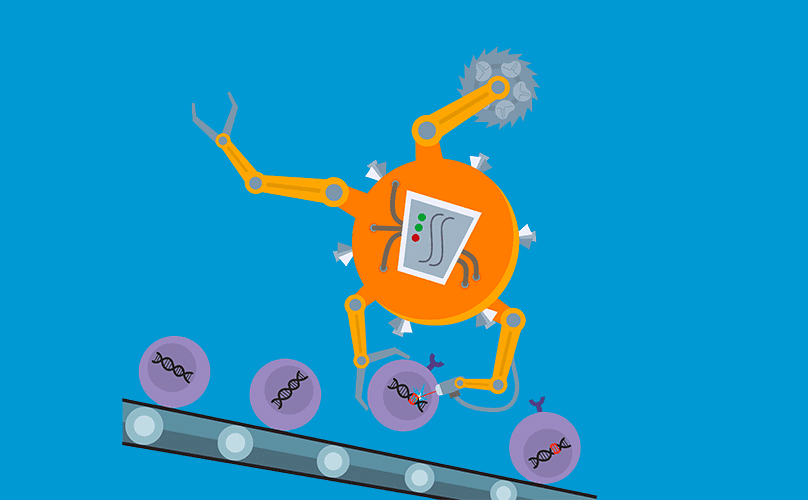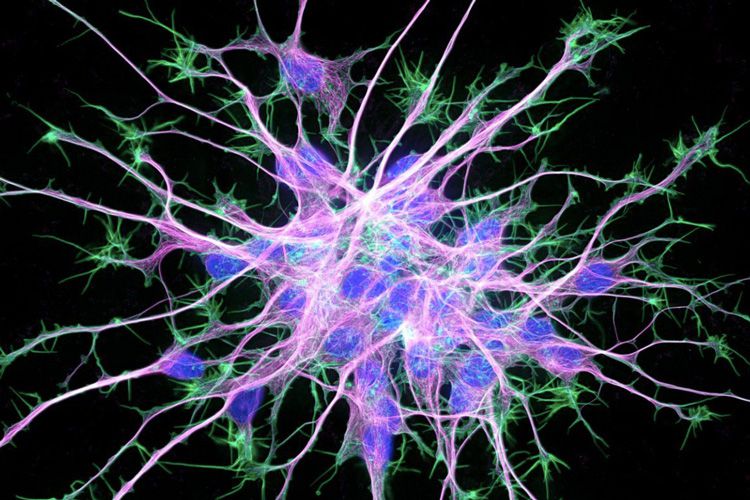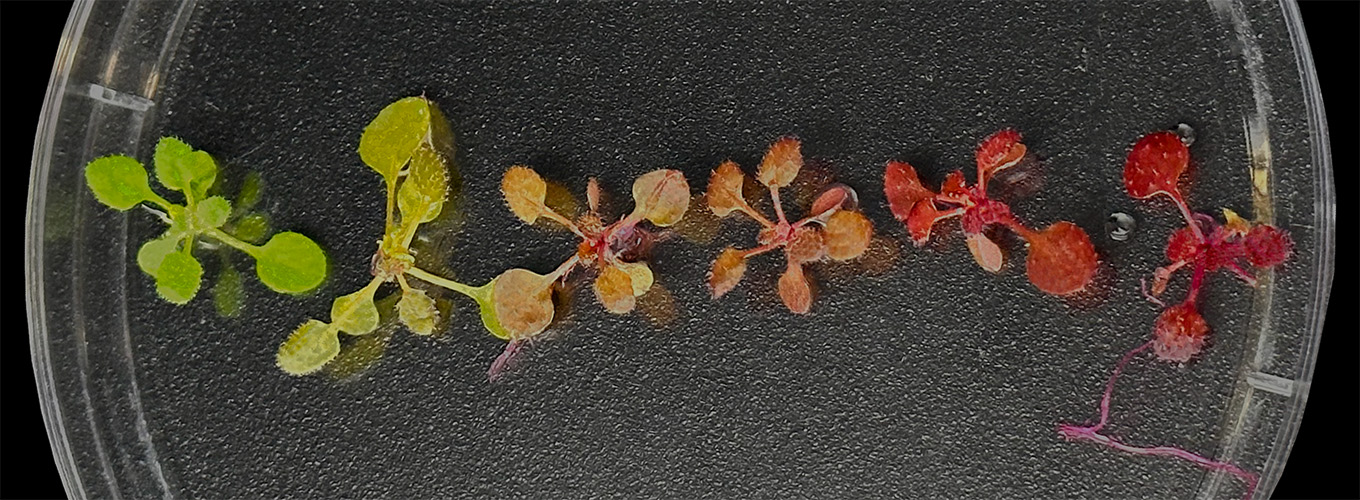Advancing Genome Engineering

Key Goals
Delivery: Develop new ways to deliver CRISPR to specific cells and tissues
Discovery: Find and develop new genomic technologies from the microbial world
Development: Create new CRISPR technologies & enhance existing genome editing methods
Flagship Projects

IGI Delivery Collective
The delivery challenge for genome editing therapies is the single greatest impediment to widespread use of CRISPR-based therapies for genetic diseases and beyond.
Spearheaded by the Wilson, Doudna, Marson, and Murthy labs, the IGI Delivery Collective is a collaborative effort working to develop new technology that enables or improves access to therapeutic genome editing
CRISPR for the Microbiome
We are expanding the frontiers of what CRISPR can do.
Microbial communities, or microbiomes, are critical for human and environmental health. Our researchers are creating the first ever technology to edit the genomes of microbes living within their natural communities, with the goal of ultimately editing microbes for human health, reducing greenhouse gas emissions, carbon sequestration, and more.










